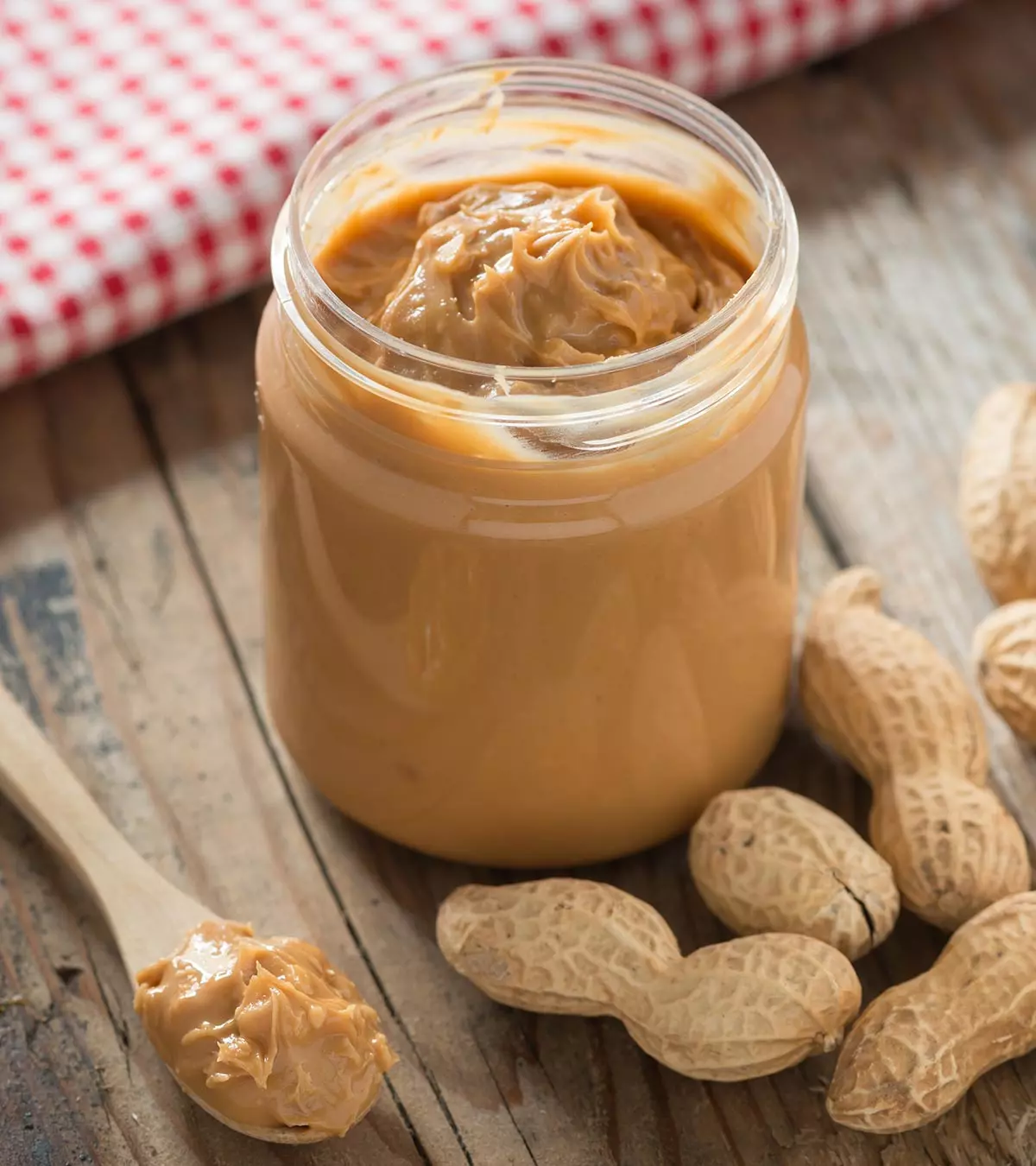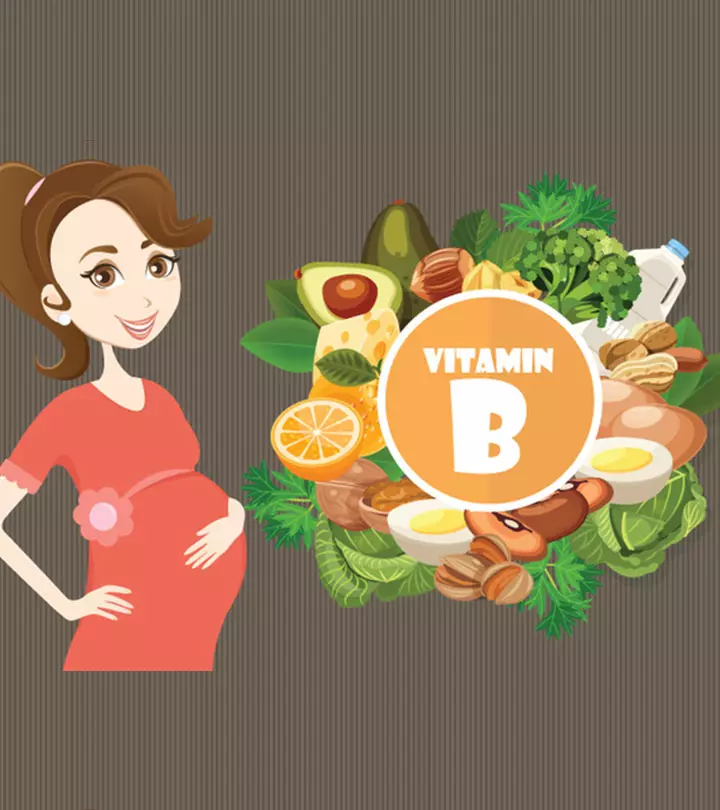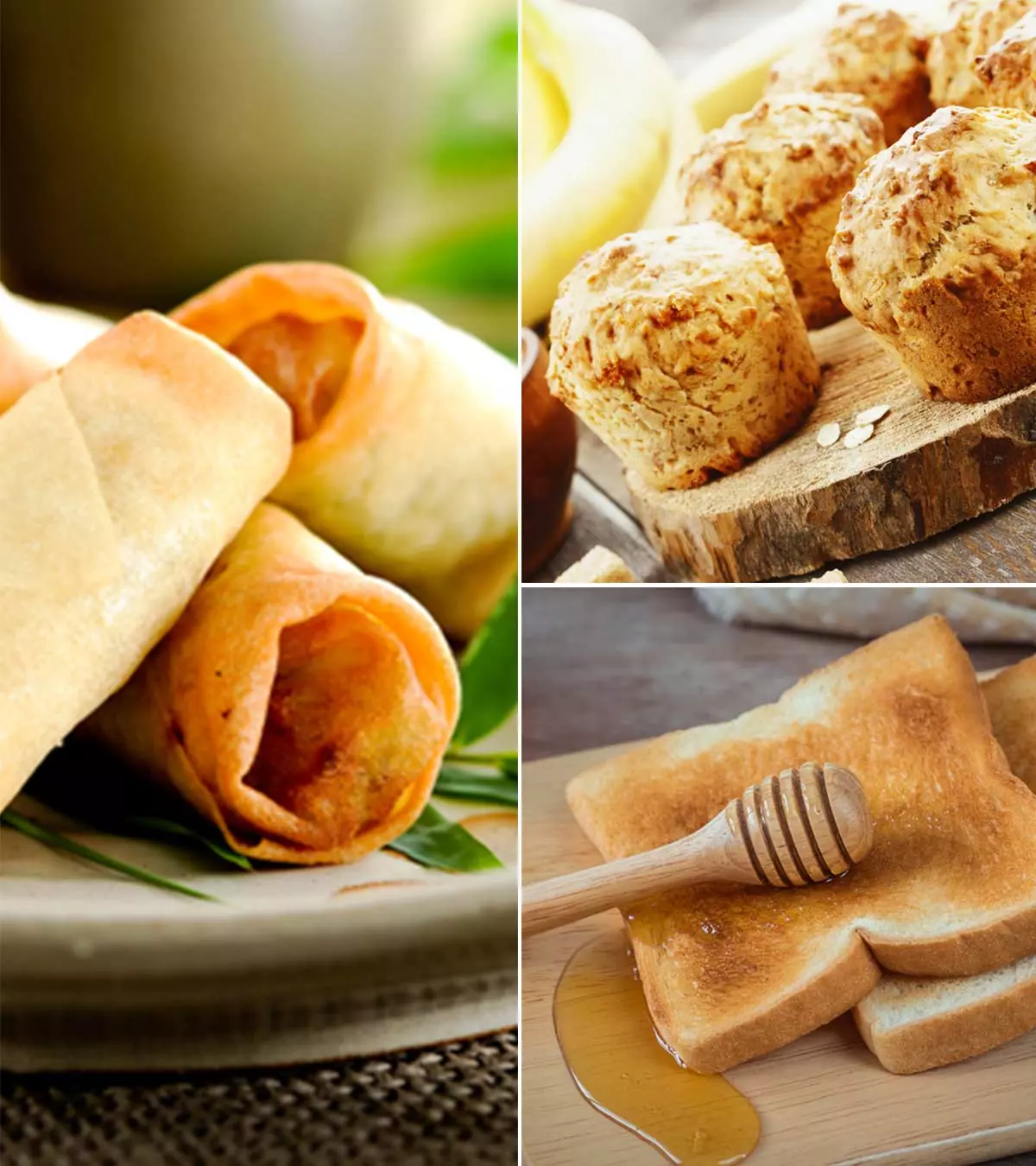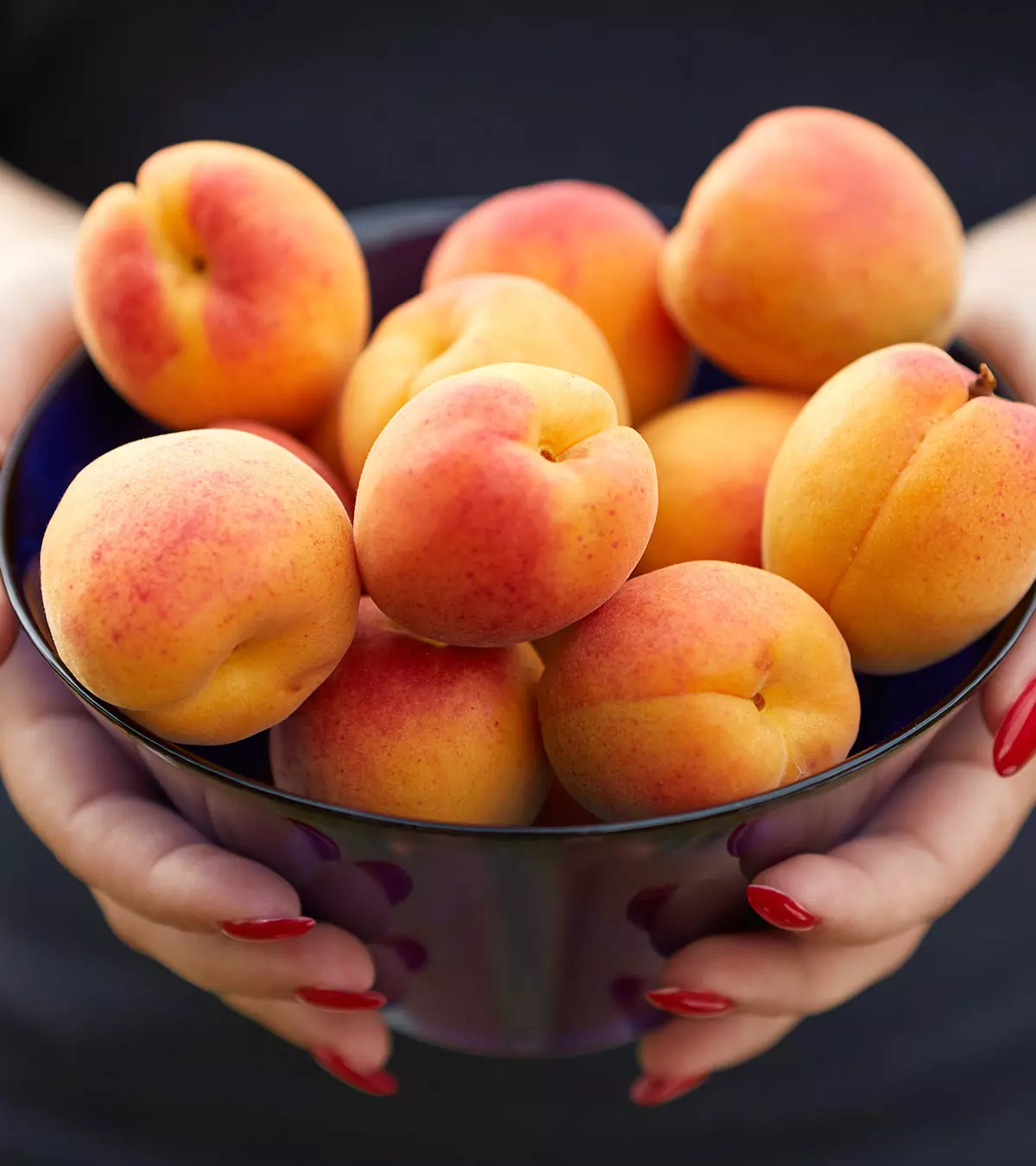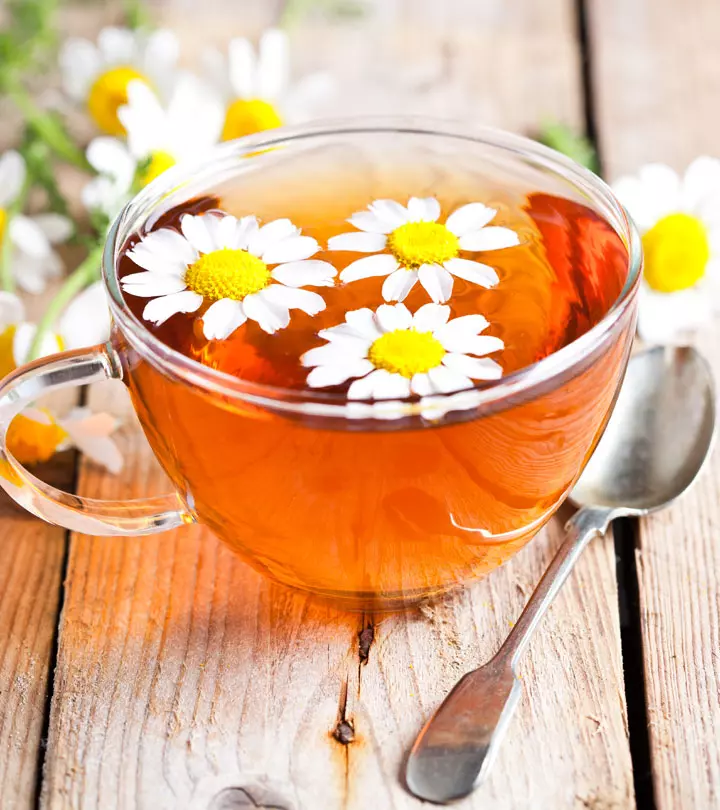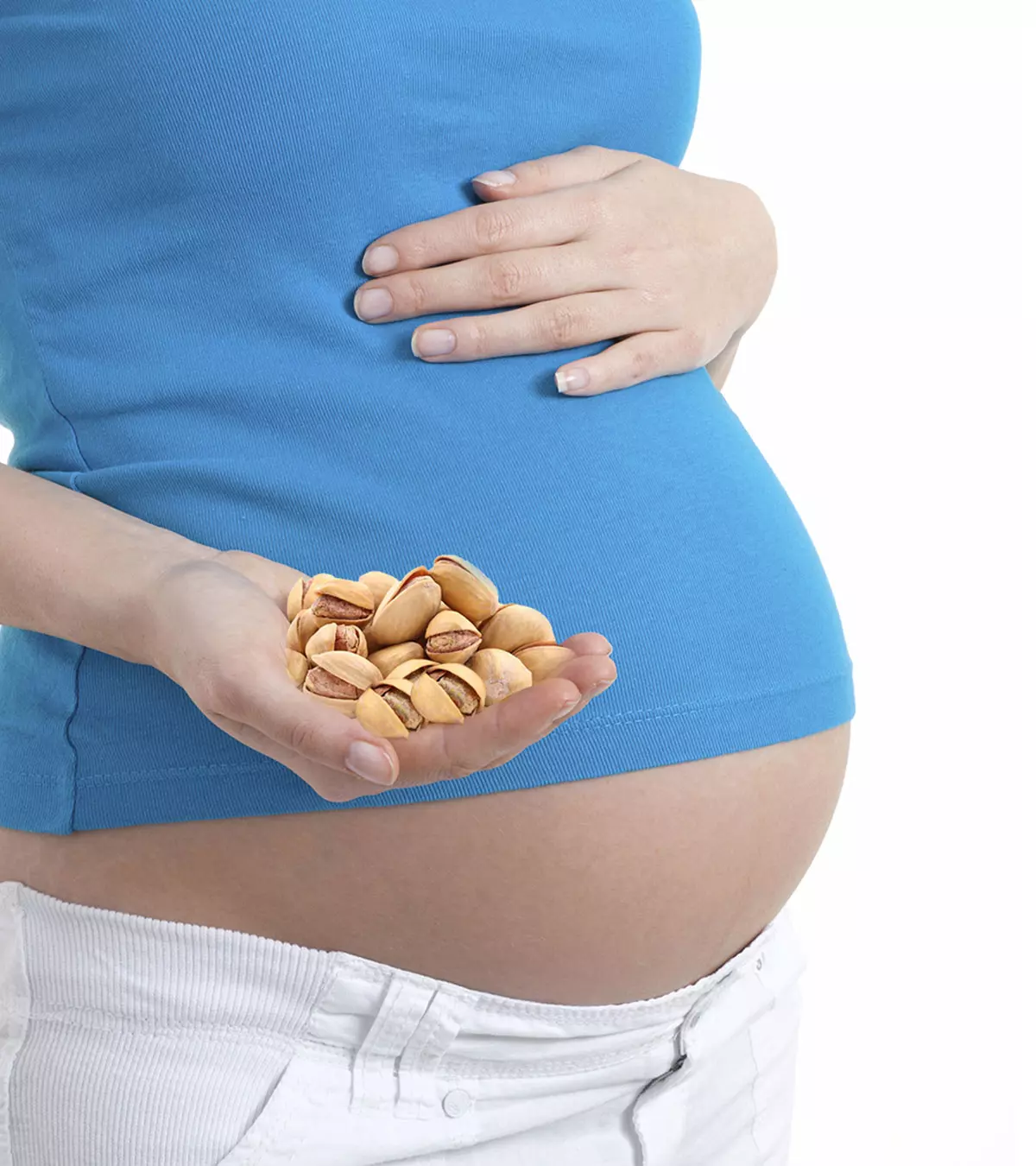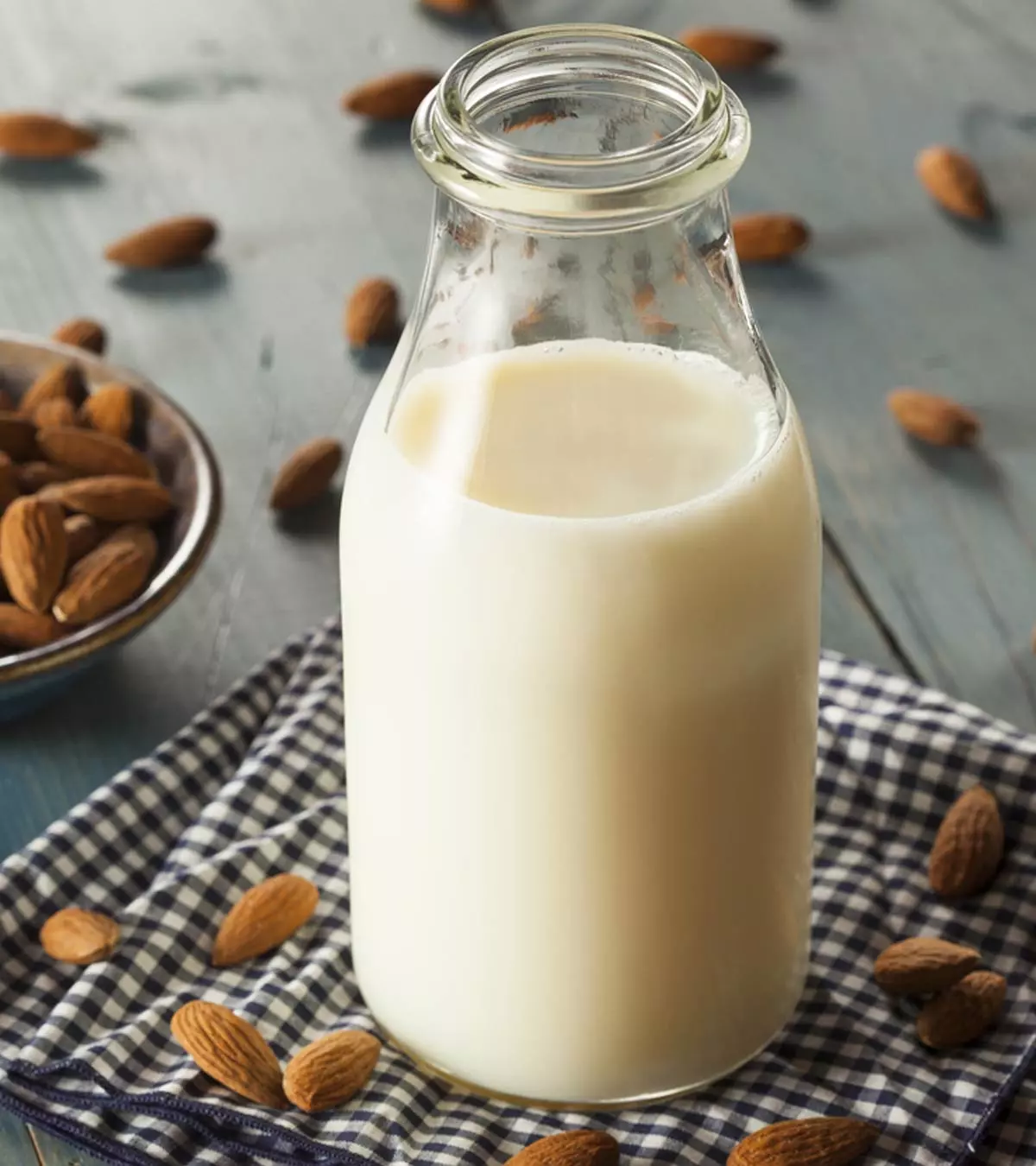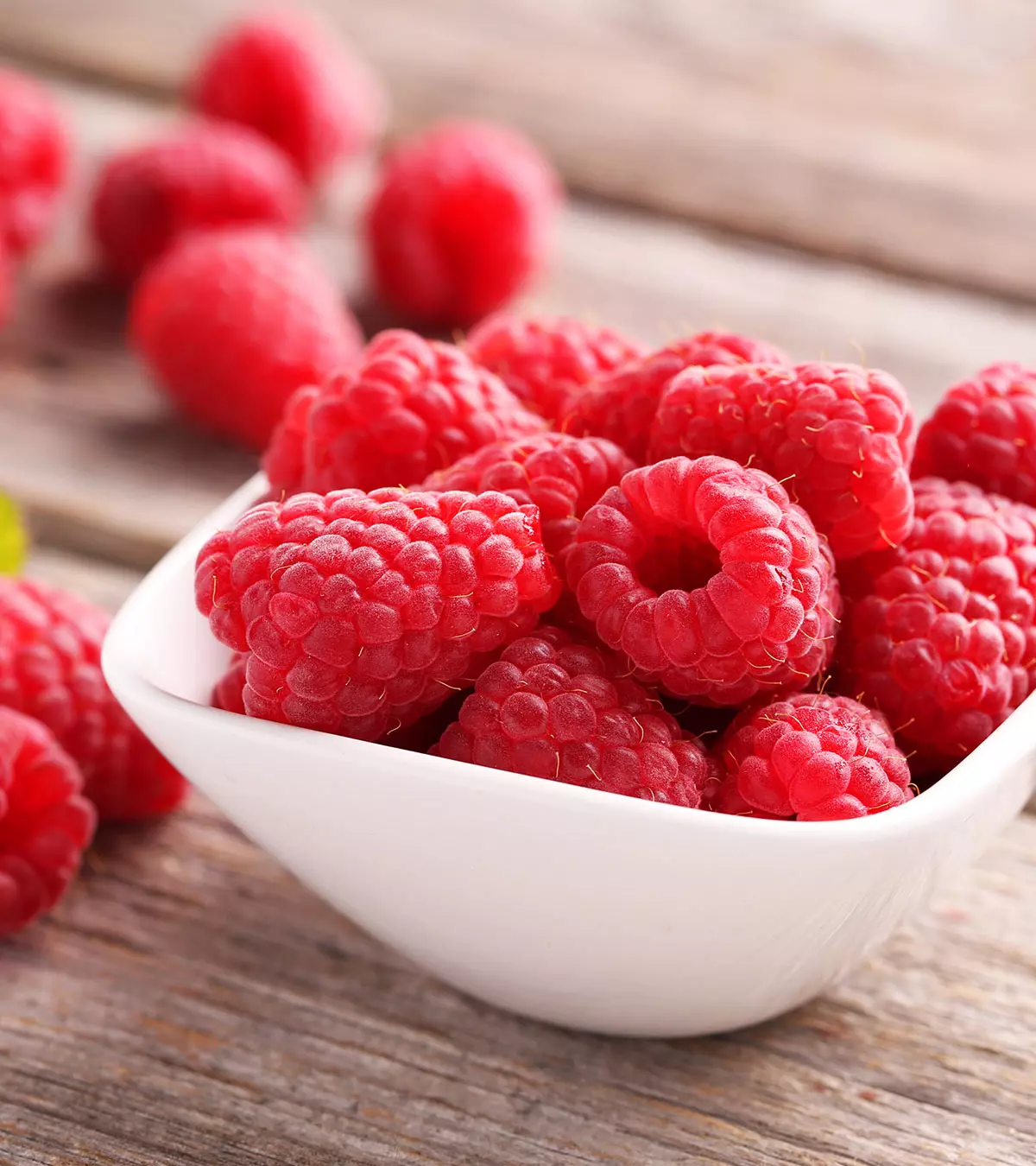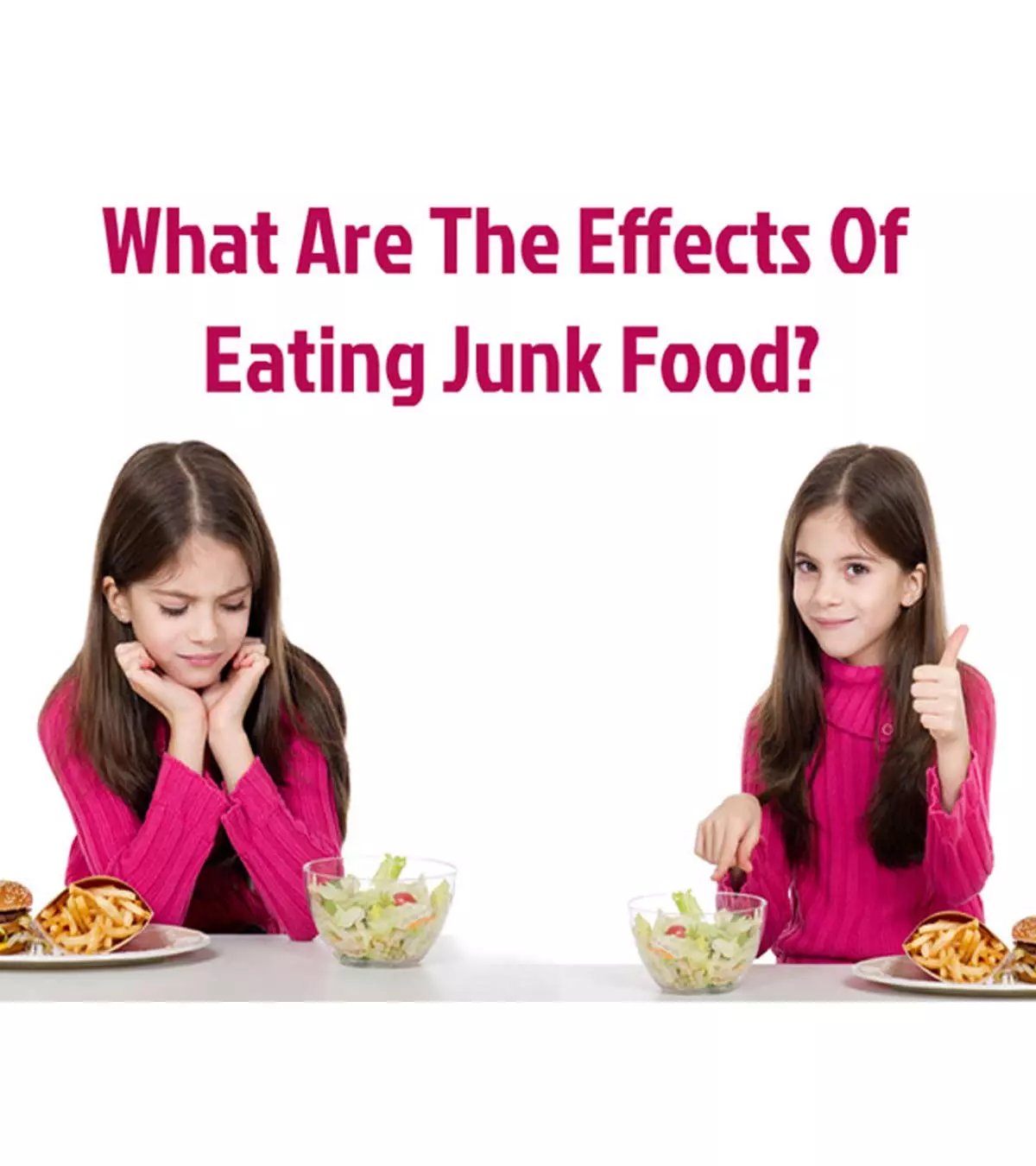
Image: MomJunction Design Team
Your child’s requests for pizza or burgers are getting beyond control, and you are worried about the negative effects of junk food on children’s health. Regular and long-term consumption of junk foods such as fries, burgers, and other unhealthy meals can contribute to various health problems, including obesity or cardiovascular diseases. As a parent, you need to understand how junk food affects children’s health to ensure you make better choices about your children’s diets. So, continue reading to learn more about junk meals, how they affect your child’s health, and some healthy alternatives to try.
Key Pointers
- Junk foods have a high amount of salt, fat, sugar, artificial flavors, and unhealthy ingredients but very less natural nutrients.
- Diabetes, fatigue, obesity, heart, digestive, and kidney disorders are some diseases caused by junk foods.
- Junk food can lead to an increase in blood pressure, hormonal imbalances, and behavioral changes.
- Junk food may also lead to dental problems and an early onset of osteoporosis.
- Healthful and tasty recipes such as brown bread corn cups and grilled fish sticks may be served to children instead of junk.
A Major Concern Worldwide
These days, every locality and every mall has a junk food outlet, dishing out fries, pizzas, burgers, rolls, and what have you! It is a great concern worldwide that children in their growing years form the larger part of such outlet’s consumers.
The US National Health and Nutrition Examination Survey studied Fast Food Intake Among Children and Adolescents in the United States from 2015 to 2018. The graph presented below categorizes the daily calorie intake from junk food based on total and gender-specific consumption.
The data reveals that among adolescents aged 12-19, girls had a higher average daily calorie intake than boys, whereas no significant difference was found in children aged 2-11. Additionally, the percentage of calories from fast food consumption increased with age, with an average rate of 11.4% in children aged 2-11 and 16.7% in adolescents aged 12-19.

Calorie intake from fast food consumption among US children and teens
Source: Fast Food Intake Among Children and Adolescents in the United StatesIt is truly a challenge to keep your child away from less nutritious yet delicious junk food. The growing awareness of the ill effects of junk food is slower than the pace of the effect it has on your child.
Understanding all about junk food and how to replace it with healthy eating is something we are sure will help you be a better ‘food-police’ the next time.
 Did you know?
Did you know?Let’s move it
Talking of junk food and fads, the former US First Lady Michelle Obama’s ‘Let’s Move!’ campaign has taken up a good cause to battle the bulge in kids. The US government has set up strict rules and guidelines in schools to provide healthy foods for kids instead of junk foods. By linking nutrition education with exercise, you can tackle diet issues and also help children develop healthy habits, thus ensuring their overall wellness.
What Substances Make Food ‘Junk’?
Junk food has negligible nutritional value and can lead to nutritional deficiencies, doing more harm than good.
Take a closer look at the contents that are usually present in junk foods.
1. Toppings
Toppings are sauces, cream, cheese, or blobs of mayonnaise put on other foods to enhance the taste. These have high levels of salt, fat, and sugar and are unhealthy (1).
2. Processed contents
Junk food is more processed and has fewer natural nutrients. Heavily processed foods are chemically altered with artificial flavors, additives, or other unhealthy ingredients (2). It has very little fiber which gives energy.
 Research finds
Research finds3. Fat
Hot dogs, burgers, and sandwiches have slabs of cheese, sauces, and spreads, such as mayonnaise, which contain excessive unhealthy fat and calories without much nutritional value. Most oils used in preparing junk food, including fries, are also very processed. Children require healthy fats from unprocessed sources, such as salmon, extra virgin olive oil, or avocadoes as healthy fats are essential for optimal physical growth and brain development (3).
4. Added sugar
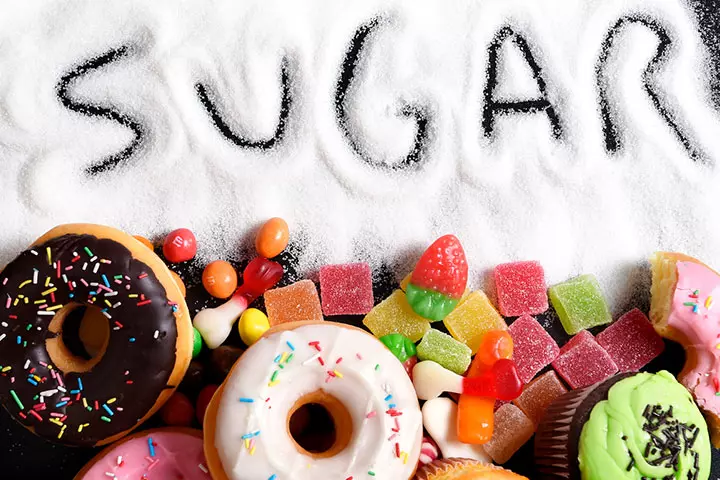
Image: IStock
The quantities of added sugar in junk food and beverages are alarmingly higher than any other sweet food that we usually consume. The added food colors in the sodas and colas (4).
 Did you know?
Did you know?Top Ten Effects Of Junk Food On Children
According to the National Health and Nutrition Examination Survey 2017-2020, the prevalence of obesity in children and adolescents in the US was 19.7%. Childhood obesity and diets high in ultra-processed foods can affect long-term health consequences, including malnutrition.
Here are the top ten reasons how junk food affects children and why you should ensure your child stays away from junk food (5):
1. Increased blood pressure
The sodium in the salt may pose risks of high blood pressure which may lead to a weak circulatory system.
2. Fatigue
Your child probably gets a feeling of fullness in the tummy while consuming junk food since it lacks carbohydrates and proteins which are imperative to feel energetic. A tired and lethargic child may make it difficult for your child to engage in physical activity or perform daily tasks.
3. Less emotional quotient
Hormonal imbalance is a major change experienced in the growing years of 6-12. Junk would cause problems with hormonal balance leading to mood swings and behavioral changes. Depression is one of the common side effects of junk food in children.
4. Kidney disease
High sodium in food leads to water retention (edema) in the body and causes problems with kidney function. Edema is one of the signs of a dysfunctional kidney.
5. Diabetes
Colas, sodas, and beverages contain high amounts of sugar. The high sugar content may increase the risk of malfunction of insulin secretion and may result in type 2 diabetes during childhood or at a later age.
6. Obesity
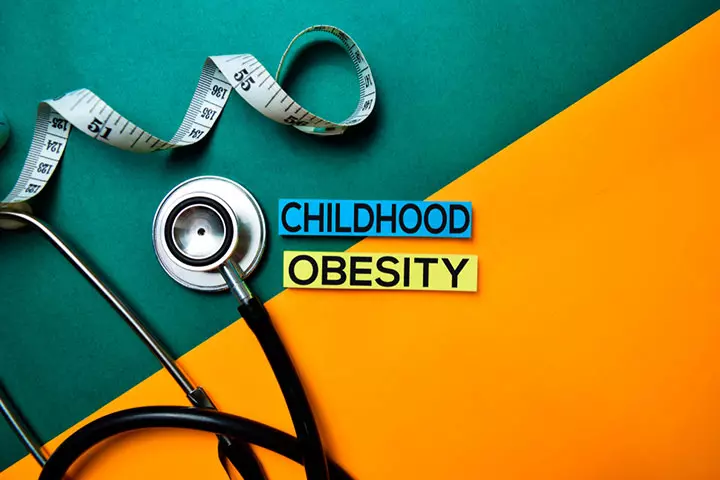
Image: Shutterstock
The fat used for flavoring and seasoning in junk food accumulates in the body and may lead to low energy levels. Low energy levels lead to a lack of physical activity, resulting in obesity and an increased risk of heart ailments. Children may also face issues with self-esteem due to increased weight gain.
7. Digestive disorder
The base of the junk food is more processed and has less natural nutrients. It has very little fiber which can increase the probability of constipation and digestive issues. This, in turn, may increase the risk of intestinal disorder or colon cancer at a later age of life.
8. Bone and teeth deformities
Your growing child needs all the core nutrients required for good bone and dental growth. Junk food leads to excess weight on thighs and hips which may make one more prone to an early onset of osteoporosisiA condition that causes the weakening of bones due to decreased bone mass and mineral density. . High sugar content in junk food may lead to tooth decay in the permanent teeth.
9. Heart disease
Slabs of cheese are the main ingredient in junk food. High-fat increases cholesterol levels and the cholesterol may deposit itself in the blood vessels of the heart. High cholesterol is the root cause of heart diseases and makes one more prone to experience a stroke at a later age.
10. Slow brain functions
Pre-teens have to be in the race to prove better. Junk food lacks the essential nutrients that provide alertness to the brain and improves cognitive functions. Teens may face issues with concentration, lower retention capabilities, and reduced learning abilities.
Tips To Create A Healthy Food Environment At Home
Here are a few tips that may help improve your child’s diet and overall health.
- Teach your children why healthy food matters and explain how it helps them grow strong and feel good.
- Get them excited about meals by having them help you plan and cook. They are more likely to eat food they’ve helped prepare.
- Keep your fridge stocked with nutritious snacks, and avoid buying chips, candy, and sugary drinks.
- Children learn by watching, so make healthy food choices yourself during meals and snack time.
- Make physical activity fun by playing outside together, which can reduce time spent snacking indoors.
We Chip-In To Help You, Moms
Negligence in monitoring your kid’s food habits affects their growth in puberty. Lifestyle triggered ailments like breast cancer, osteoporosis, hypertension find their roots at a very early age via unhealthy eating.
It is our endeavor to help you be a better mom to your children. And to make that extra effort to cook up some nutritious food for your family, here are some yummy ideas:
We have food suggestions you can use to bring in newness to your children’s menu.
1. Grilled fish sticks
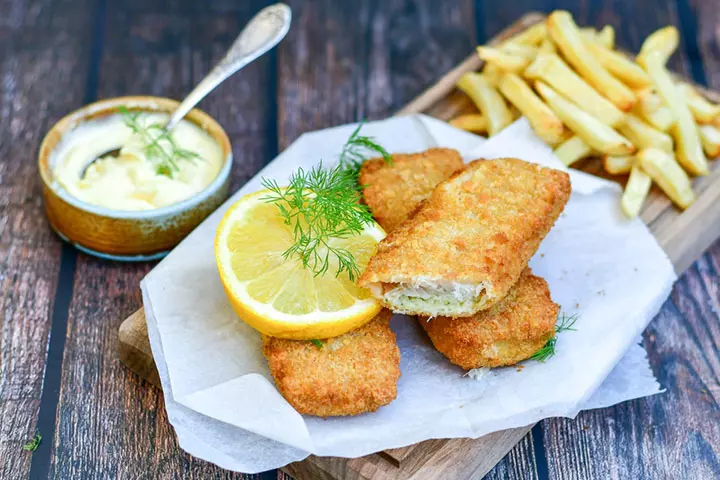
Image: Shutterstock
This snack provides fiber and goodness of omega 3 fatty acids together. Moreover, oats are used here which is better accepted by kids.
- Take a fish filet.
- Lightly season it with lemon and salt.
- Coat with wheat powder and roll it in oats.
- Grill or roast it.
2. Brown bread corn cups

Image: IStock
Packed with proteins, vitamins, and minerals, this is one of the most delicious and healthy snacks for kids and a perfect mid-evening treat as well.
- Take a couple of brown bread slices.
- Cut edges and put in the moulds.
- Prepare a filling of boiled sweet corn or paneer, diced red and green pepper, grated carrot, and pomegranate seeds.
- You may add cheese and potatoes.
- Mix with seasoning of pepper and salt
- Place it in the bread cups.
- Top it with grated cheese and bake it.
Variation: Lightly roast the bread and add the filling as a topping.
Frequently Asked Questions
1. Why do kids prefer junk food?
Children may love junk foods such as pizza, burgers, and fries for their taste and the characteristics of foods, such as smell and texture (9). These foods are often marketed with bright packaging and catchy slogans, which makes them even more appealing to kids.
2. How can junk food be avoided?
One effective way to stop junk food-eating habits in children is by modeling healthy eating. In addition, experts suggest parents educate children about the adverse health consequences of unhealthy foods and also be watchful of their children’s eating habits at school (6).
To make sure they avoid junk and consume healthy food, consider a detox program. For instance, a mother, Shen-Li, shares how she is shifting from giving junk food to healthy snacks to her child. She says, “I’ve dumped all his (son’s) unhealthy snacks in the bin and only offered him healthy food options to take to school… He no longer gets snacks between meals if it is too close to a main meal. If there is time for a snack, it has to be something like wholemeal bread or fruit… This is day two of the detox program and we have seen some mild improvements in eating, although he still occasionally holds out with the hope of getting of having something sweet (i).”
3. How does junk food affect school performance?
Studies highlight that frequent junk food consumption could be associated with poor academic performance and an increased risk of metabolic conditions such as obesity (10).
Fast foods are usually high in salt, sugar, and trans trans fatsiAn unhealthy unsaturated fat that may cause an increase in bad cholesterol, resulting in problems such as heart disorder and diabetes. . Consuming these ingredients in high amounts can expose a child to several health risks, including obesity, type-2 diabetes, hypertension, and metabolic syndrome. Generally, relishing a burger or a slice of pizza once in a while won’t affect your child’s health. However, you must ensure that this occasional treat doesn’t become a regular habit. To minimize the effects of junk food on children’s health, feed them well-balanced meals containing healthy foods from various food groups.
Infographic: Effects Of Junk Food On Children
A diet high in junk food can negatively impact a child’s health in the short and long term. Some immediate effects may include being tired or sluggish, while long-term consequences may include serious health issues. For more information on the potential negative effects of consuming a junk food diet, refer to the infographic provided. Illustration: Momjunction Design Team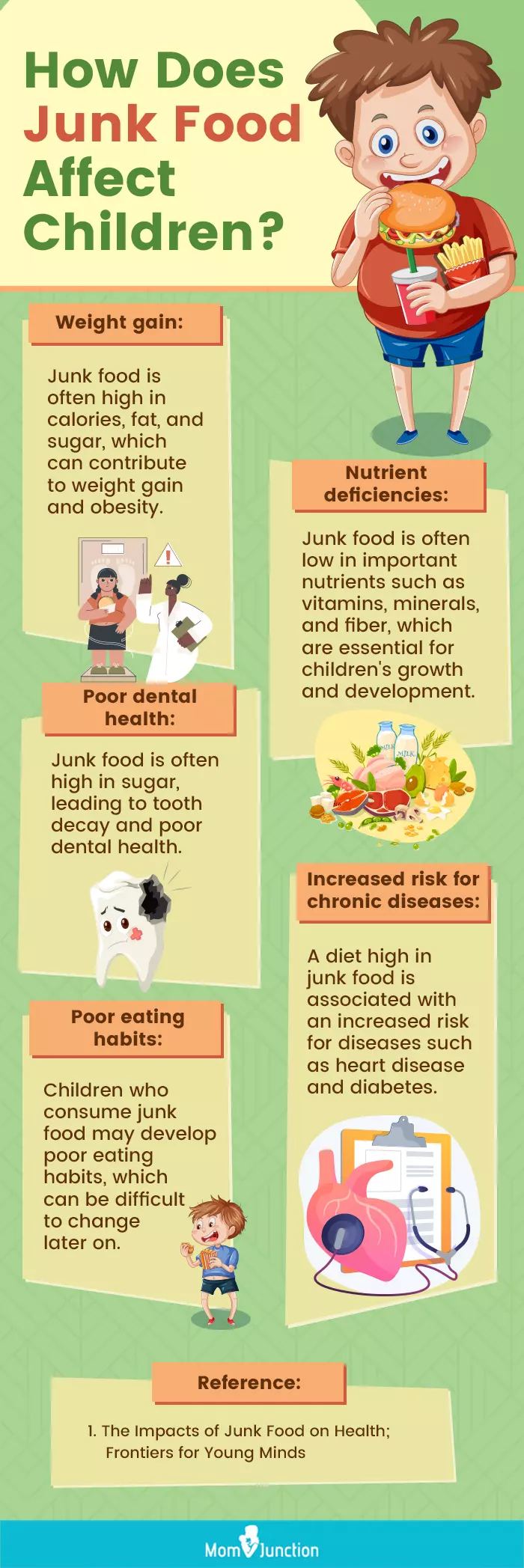
Illustration: What Are The Effects Of Eating Junk Food For Kids?

Image: Stable Diffusion/MomJunction Design Team
Personal Experience: Source
MomJunction articles include first-hand experiences to provide you with better insights through real-life narratives. Here are the sources of personal accounts referenced in this article.
i. Toddler nutrition: the toddler detox program.https://nurtureforthefuture.wordpress.com/2009/11/10/toddler-nutrition-the-toddler-detox-program/
References
- Choose This, Not That: Healthy & Unhealthy Choices at Fast Food Restaurants
https://www.healthychildren.org/English/ages-stages/teen/nutrition/Pages/Healthy-and-Unhealthy-Choices-at-Fast-Food-Restaurants.aspx - The Many Health Risks of Processed Foods Laborer’s Health and Safety fund Of North America
https://lhsfna.org/the-many-health-risks-of-processed-foods/ - Fat in children’s food: What you need to know The Hospital For Sick Children
https://www.aboutkidshealth.ca:443/fat-in-childrens-food-what-you-need-to-know - Get the Facts: Sugar-Sweetened Beverages and Consumption Centers for Disease Control and Prevention
https://www.cdc.gov/nutrition/data-statistics/sugar-sweetened-beverages-intake.html - Junk food and your health Australian Government Department of Health
https://www.healthdirect.gov.au/junk-food-and-your-health - How Children Develop Unhealthy Food Preferences.
https://www.healthychildren.org/English/healthy-living/nutrition/Pages/How-Children-Develop-Unhealthy-Food-Preferences.aspx - Are highly processed foods bad for children?.
https://nutrition.org/are-highly-processed-foods-bad-for-children/ - How much sugar is too much?
https://www.heart.org/en/healthy-living/healthy-eating/eat-smart/sugar/how-much-sugar-is-too-much - Sharifah Intan Zainun Sharif Ishak et al., (2013); Assessing the children’s views on foods and consumption of selected food groups: outcome from focus group approach.
https://www.ncbi.nlm.nih.gov/pmc/articles/PMC3627930/ - So Young Kim et al., (2016); Dietary Habits Are Associated With School Performance in Adolescents.
https://www.ncbi.nlm.nih.gov/pmc/articles/PMC4998375/
Community Experiences
Join the conversation and become a part of our nurturing community! Share your stories, experiences, and insights to connect with fellow parents.
Read full bio of Dina Totosegis
Read full bio of Sakshi Mishra
Read full bio of Swati Patwal
Read full bio of Shinta Liz Sunny










